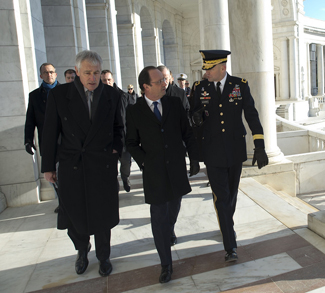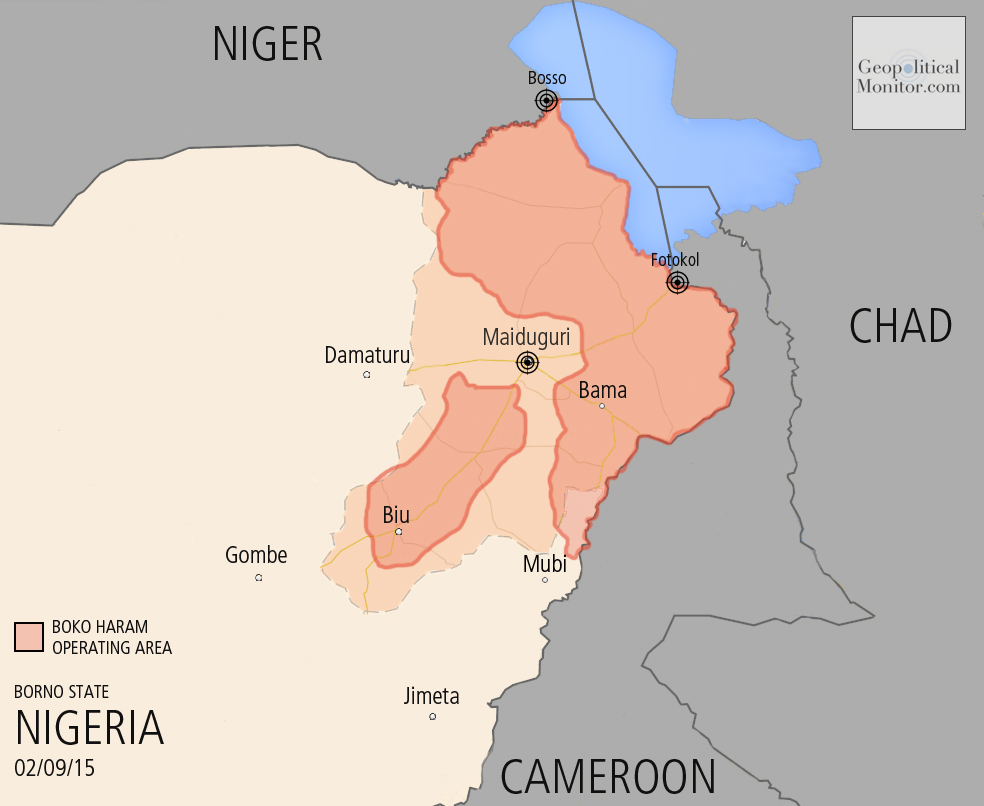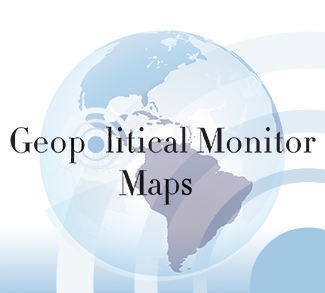Summary
Warming Burma-North Korean relations raise an uncomfortable question for the Obama administration: Is America running out of foreign policy levers?
Analysis
North Korea and Burma are coming together out of necessity. Their rapprochement is proceeding quickly despite past breaches, the most dramatic being an incident when North Korean agents planted a bomb in Rangoon that killed members of a high-level South Korean delegation in 1983. The reasons behind the pair’s newfound closeness are simple: economic necessity and a chronic desire for regime security.
For North Korea, the Burmese connection is an opportunity to circumvent some of the more burdensome aspects of international sanctions. The Burmese military junta wants missiles, weapons, and technical expertise, and the North Korean leadership will happily exchange them for food, rubber, and gold. Since both parties are willing to use barter trade, they can circumvent their shared foreign exchange concerns.
Alternatively, the Burmese government views a close relationship with North Korea as a source of weapons that are crucial for protecting the regime from internal and external threats. Burma has been purchasing North Korean weapons both before and after the resumption of official diplomatic ties in 2007, frequently under the guise of North Korean ships docking in Burma to seek shelter from storms.
North Korea has also shared one of its most peculiar talents with Burma, Pyongyang’s tunnel building expertise. According to photos taken in Burma between 2003 and 2006, around 15 North Korean technicians have been aiding efforts to build a network of tunnels and bunkers. The purpose of this underground network seems to be two-fold: to serve as a government base in the event of mass domestic dissent and to provide shelter in the event of an American air strike campaign.
It is possible that there is a nuclear element to the Burma-North Korean relationship. The protection and negotiating leverage that nuclear weapons can provide is not lost on the Burmese leadership. It is with this in mind that the Burmese government continues to lay the groundwork for a nuclear program.
Russian support has been crucial in Burma’s development of peaceful nuclear technology. Besides training over 350 Burmese nationals, Russia has also announced plans to build a reactor in Burma. It is safe to assume that North Korea is also more than willing to provide additional technical expertise for the right price. There are even rumors pointing to the existence of a second, more clandestine nuclear facility being built in Burma. According to Burmese defectors, Russian and North Korean advisors are helping build a second nuclear facility, completely separate from the ‘peaceful’ reactor being built by Russia.
The question of how best to co-ordinate America’s response is staring down the Obama administration. It is not easily answered.
Bush-era foreign policy has left America with a credibility deficit in its dealings with states like Burma and North Korea, effectively complicating a diplomatic track. The epochal ‘Axis of Evil’ speech, along with the appearance of ‘Color Revolutions’, whether instigated by Washington or not, have eliminated some of the diplomatic options that the American government once enjoyed. This is simply because it is impossible to negotiate in good faith when trying to build a ‘balance of power that favors freedom.’ The writing on the wall is not lost on undemocratic states like Burma, North Korea, and Iran, who each scrambled in turn to develop a military capacity that afforded protection from America’s other policy option – unilateral military strikes.
However, the feared American military strikes never came and are not likely to be forthcoming. The wars in Iraq and Afghanistan have stretched the American military to the limit. Far from that limit being expanded, federal budget deficits suggest that America’s military capability will be reduced if anything moving forward.
With the American military materially and spiritually exhausted, now is a good time for the pariah states to collaborate without fear of diplomatic or military retaliation. States operating at the fringe of international society will continue to be drawn together out of self-interest. Depending on whether or not Iran decides to accept the Obama administration’s offer of engagement, Tehran may start gravitating closer to North Korea and Burma as well.
Zachary Fillingham is a contributor to Geopoliticalmonitor.com



